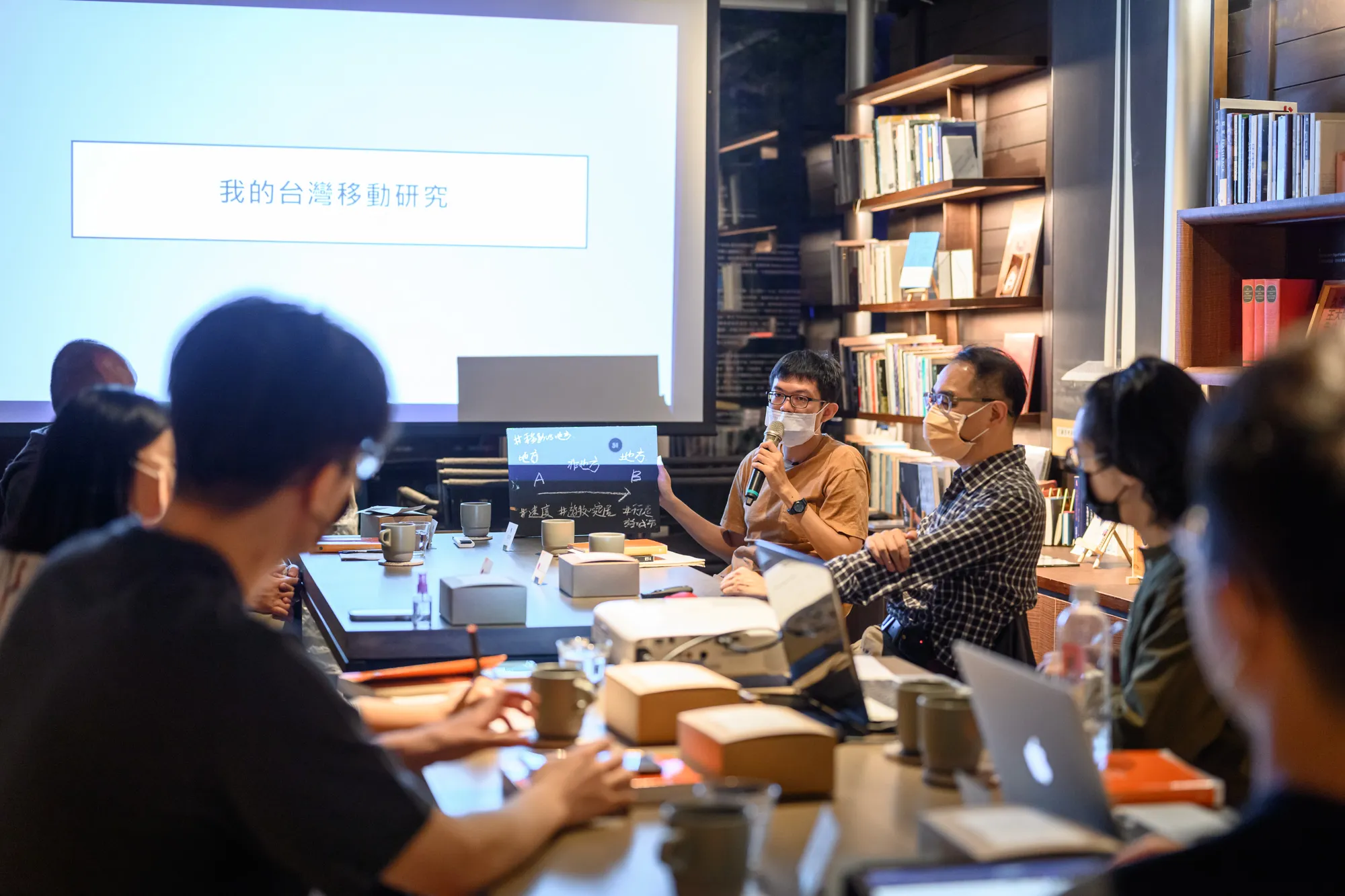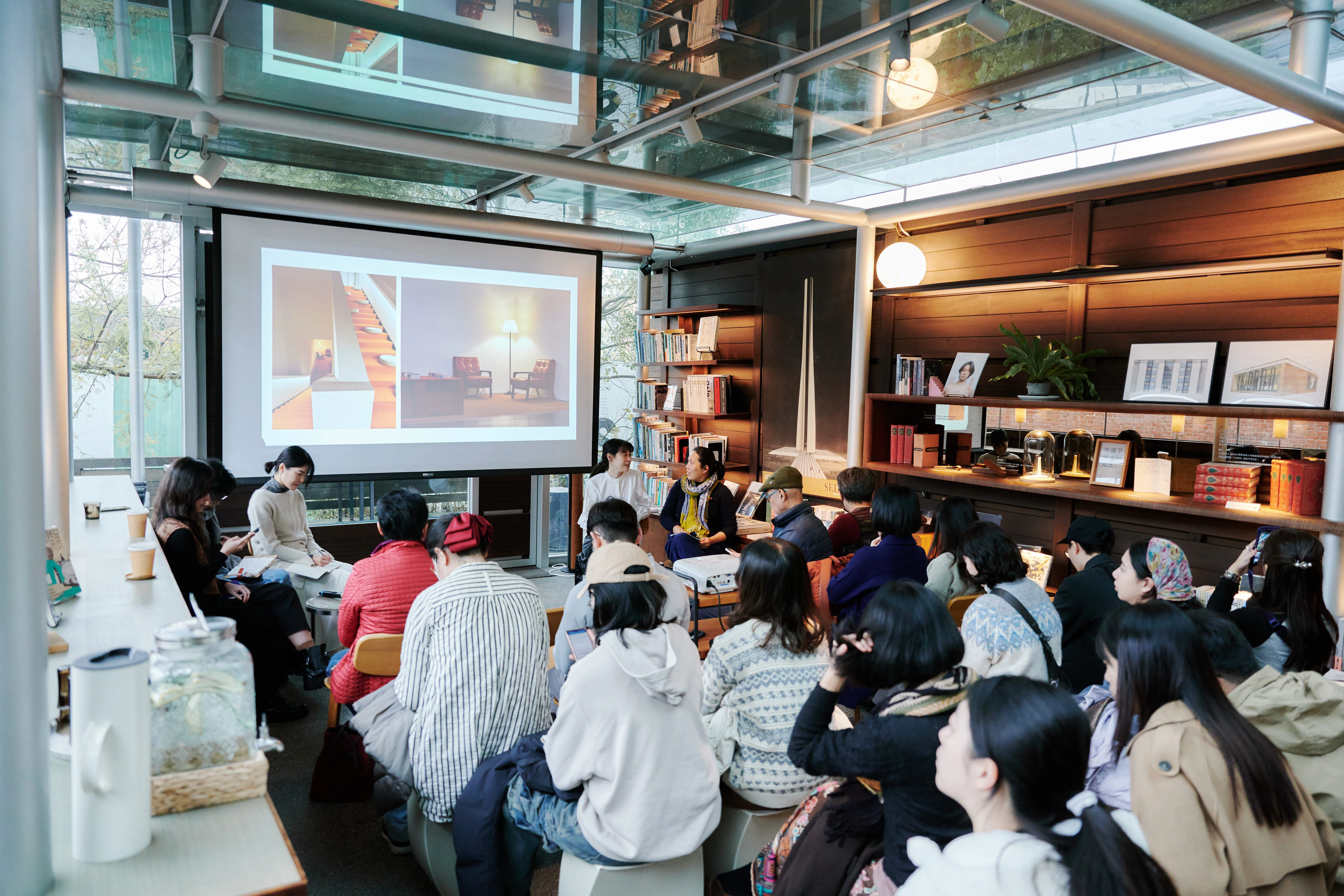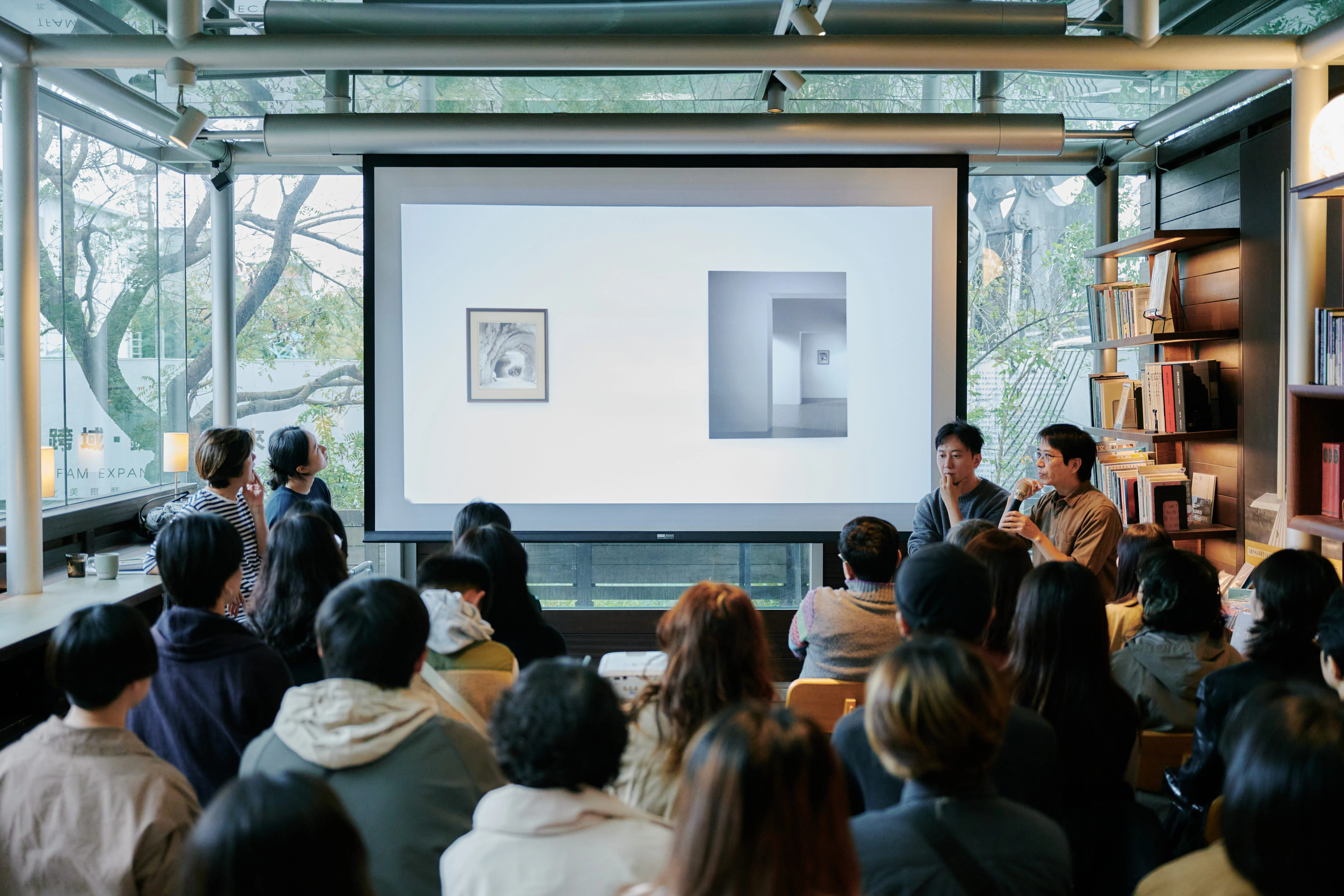
Chimera Reading Salon.New Urban Perspectives | Cities and Mobility
Speaker
Chih-Hung Wang Professor, Graduate Institute of Building and Planning, National Taiwan University
Guest
Szu-Chun Lin Co-Founder, Topophilia Studio
Location
DH Café (No. 153, Section 3, Zhongshan North Road, Zhongshan District, Taipei City)
Fee
One session $1500 (includes the book of the month, expert-led discussions, themed salon refreshments, and a complete note of the session)
Books
Mobility, Peter Adey
Introduction
Chimera Reading Salon: New Perspectives of the City continues the spirit of The Chimera Group, a transdisciplinary arts society founded in the 1950s by Mr. Wang Dao, who often invited artists to meet in his home. The Chimera Group started from “architecture” and gradually expanded to performing arts, art, literature, photography, and commentary. Years of free and open cross-domain communication at Wang Daishi's home. With “City” at its core, the first series will invite Professor Wang Zhihong, Institute of Architecture and Urbanism, National Taiwan University, and special guests to explore new perspectives on urban space culture through six of his translated urban space books. The second lecture will be based on the book “Mobile” and will lead students to an in-depth discussion through an introductory reading by Professor Wang Zhihong and sharing by special guest Lin Sijun.
《Mobile》
Mobility is a relationship we relate to living and understanding the world
As a “concept book,” Mobility combs through a cross-disciplinary approach to the rich theories and research surrounding mobility, and comments on the major authors and thinkers who have contributed to the topic. It not only traces how “mobility” has developed into a key concept within geography, but also reaches out to relevant discussions in the fields of anthropology, sociology, politics, urban planning, cultural studies, and more. The book consists of four thematic chapters that discuss meaning, politics, practice and mediation.
Event Review
Mobility serves as both a means of engaging with the world and a lens for interpreting it—a concept that, although abstract, manifests in every facet of modern life. From daily commutes to global travel, it shapes how individuals connect, participate, and derive meaning from their surroundings. In his book Mobility, Peter Adey defines mobility as the movement of something across, over, and through space, and examines its social, political, cultural, and economic dimensions. From the global transport of goods to neighborhood interactions, even down to the micro-level of bodily metabolism, all forms of mobility are shaped by complex systems of control, power dynamics, and meaning.
Beyond materials, Adey also draws on the novel The Time Traveler’s Wife to illustrate the human desire for synchronicity—for example, the effort to coordinate busy schedules, operate on different timelines, or adjust one’s movements through space-time in order to achieve “proximity.” These are experiences familiar to anyone who commutes or travels, and they underscore the deep interconnection between mobility and everyday life.
.webp)
.webp)
.webp)
.webp)
.webp)





